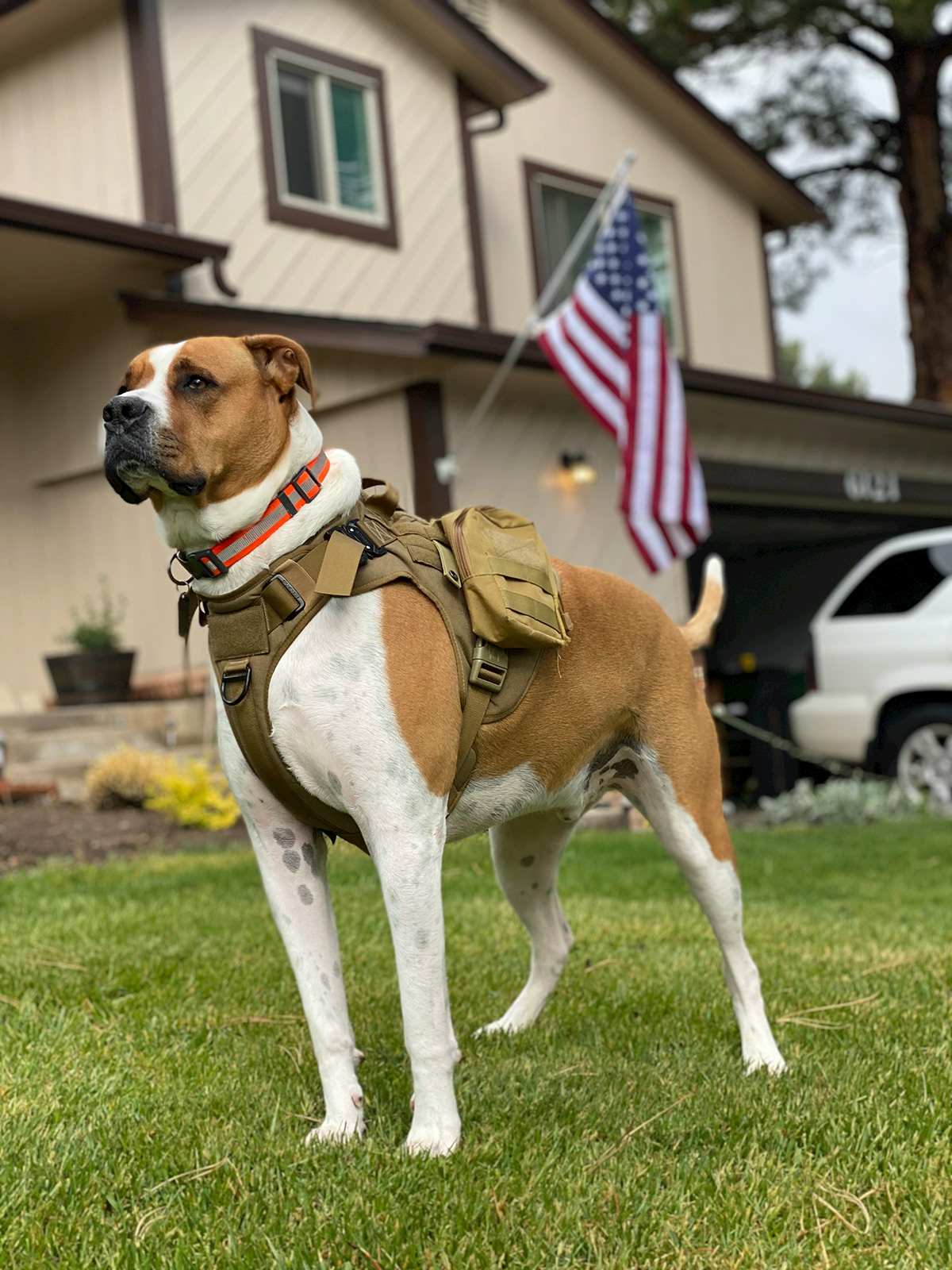
Post-traumatic stress disorder (PTSD) is a condition that can severely disrupt an individual's mental health and daily functioning. It impacts millions globally, including a significant number of service members and veterans. While there are various treatments for PTSD, including therapy and medication, PTSD service dogs are gaining attention.
Service dogs are specifically trained to assist individuals with disabilities by performing tasks that their handlers cannot do due to their disabilities. In the context of PTSD, these dogs are trained to perform tasks to alleviate symptoms of the disorder. Unlike emotional support animals, which provide comfort through their presence, PTSD service dogs actively work to assist their handlers in managing their condition.
Recent research has delved into understanding the dynamics of the relationship between service dogs and individuals with PTSD. A study encompassing 82 service members and veterans paired with PTSD service dogs provides insights into the efficacy of these animals. The study assessed the participants before and after being paired with a service dog, focusing on the frequency and types of tasks performed by the dogs.
The tasks included commencing social interactions, warning about anxiety, making room around the veteran, offering solace during anxious episodes, awakening veterans from unpleasant dreams, and alerting the veteran to anyone behind them. These tasks are vital in helping individuals with PTSD to navigate their daily lives and manage their symptoms.
Interestingly, the study found that the characteristic of the service dogs that correlated with better outcomes for veterans was the dogs' level of restlessness. Dogs with lower restlessness when encountered by strangers were associated with lesser PTSD severity in their handlers, as opposed to more restless dogs. This finding underscores the importance of matching the right dog to the right person, as different temperaments may be more suitable to different types of disabilities.
While service dogs perform specific PTSD-related tasks, they also bring general benefits to their handlers. They provide friendship, a source of happiness, a soothing presence, and a structured routine. Furthermore, they facilitate social interactions, helping veterans engage with family and others in social settings. However, it's essential to note that these dogs are not substitutes for traditional PTSD treatments. Rather, they serve to supplement evidence-based therapies and medications.
Despite the positive findings, available research indicates that the full impact of service dogs on PTSD symptoms is not yet fully understood. More empirical studies are needed to draw conclusive evidence about the extent to which service dogs can treat PTSD. Nonetheless, the subjective reports from veterans and service members who have been supported by these animals suggest significant benefits.
It's also important to differentiate between service dogs and emotional support animals. While both can provide companionship and improve mood, service dogs undergo specialized training to perform tasks directly related to their handler's disability. This specialized training allows service dogs to be permitted in most public places, unlike emotional support animals, which do not have the same access rights.
In conclusion, the role of PTSD service dogs is multifaceted and individualized. While they are not a cure-all for PTSD, they have shown the potential to significantly improve the quality of life and symptom management for those living with the disorder. As research continues to evolve, the hope is that a clearer understanding of how these service dogs work will emerge, leading to better outcomes for those who rely on them.


